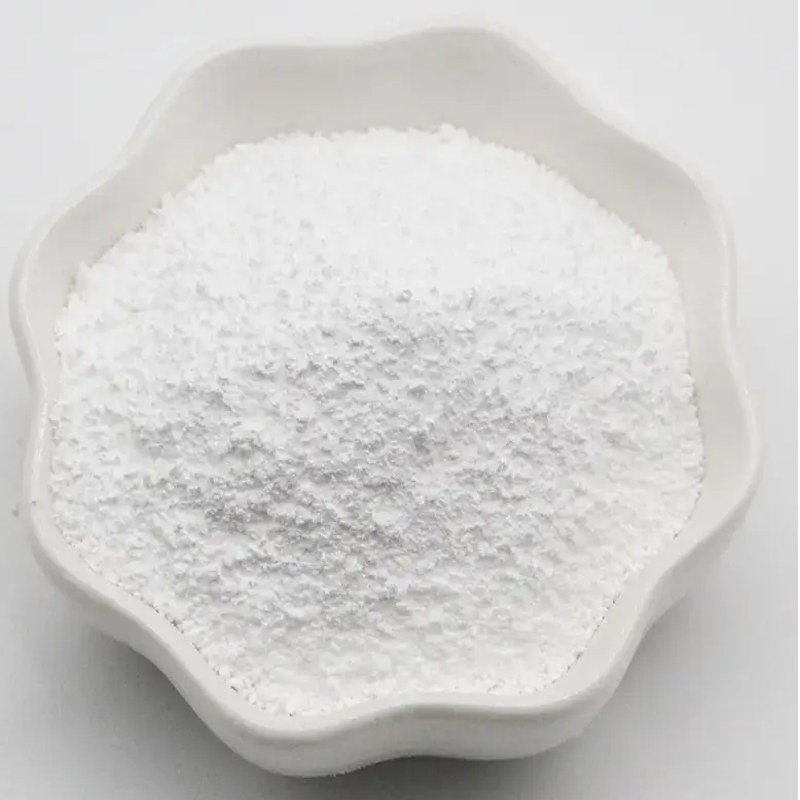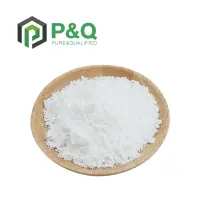-
Categories
-
Pharmaceutical Intermediates
-
Active Pharmaceutical Ingredients
-
Food Additives
- Industrial Coatings
- Agrochemicals
- Dyes and Pigments
- Surfactant
- Flavors and Fragrances
- Chemical Reagents
- Catalyst and Auxiliary
- Natural Products
- Inorganic Chemistry
-
Organic Chemistry
-
Biochemical Engineering
- Analytical Chemistry
- Cosmetic Ingredient
-
Pharmaceutical Intermediates
Promotion
ECHEMI Mall
Wholesale
Weekly Price
Exhibition
News
-
Trade Service
We know that the new coronavirus not only causes respiratory problems, but also attacks and affects the body's organs, the heart is one of them.
, then, is there a long-term effect after the acute infection period? A recent study published in the Journal of the American Medical Association-Cardiology suggests that patients also suffer from heart muscle damage after a long period of time.
study from the University Hospital Of Frankfurt team in Germany analyzed the presence of cardiomyopathy in 100 patients who had recently recovered from COVID-19, 67 of whom were less seriously recovered at home and 33 were hospitalized.
all patients had no previous history of heart failure or cardiomyopathy.
all patients were tested for cardiac blood markers and cardiovascular magnetic resonance imaging, with an average interval of 71 days between the test and the confirmed COVID-19.
results found that 71 patients in rehab were able to detect high-sensitive troponin T (hsTnT, heart muscle damage markers), 5 patients significantly increased tropocalinT.
in imaging, 78 percent of those recovering showed signs of heart muscle damage.
of particular concern is that 73 and 60 patients, respectively, have natural myocardial T1 and T2 elevations, natural T1 and T2 are effective indicators of the identification of COVID-19-related cardiomyopathy, which means that 60% of patients have persistent myocarditis.
compared to 50 other healthy subjects and 57 risk factor matching subjects, the left ventricular blood score was lower, the left ventricular volume and mass increased, and the heart muscle naturally T1 and T2 increased. "In the weeks after the recovery of PATIENTs with COVID-19, there was still a large amount of persistent inflammation in the heart muscle, including patients with less cardiovascular disease in the past who recovered primarily at home, with similar severity to those hospitalized," the
team noted.
this finding is important because it may signal that patients will be at risk of heart failure in a few years, and early diagnosis and treatment can reduce or even stop this inflammatory damage.
" Dr. Biykem Bozkurt of Baylor College of Medicine recommends screening for cardiomyocardial injuries, such as troponin, for PATIENTs with COVID-19, "and may require tests not only at the time of admission, but also at home," even for those recovering at home without hospitalization.
.







